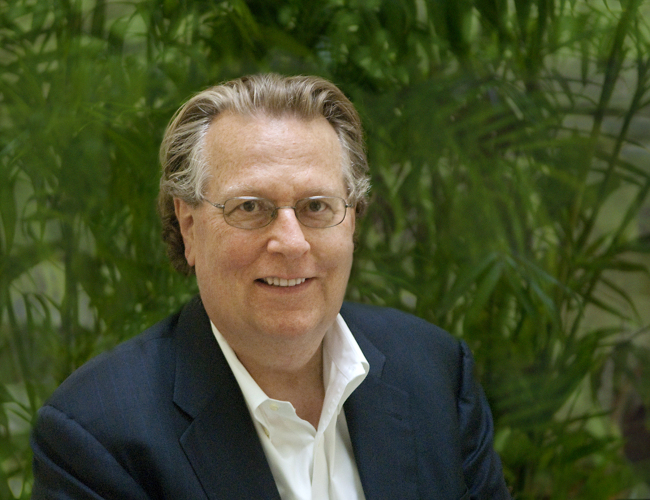WWF found that the production of food and soft commodities including agriculture, ranching, aquaculture and fishing pose the greatest threats to biodiversity as they cause deforestation and pollution in the course of production.
Clay’s team has identified the 15 commodities that have the biggest impacts and then the 100 companies that touch 25 percent of the global trade of all commodities.
It has so far signed 70 of the 100 largest food companies globally. WWF has been helping them improve their commitments on sustainability and encouraged environmentally sensitive practices in farming, aquaculture and industry.
“We can’t work with 7.4 billion consumers or even 1.4 billion producers, but we can work with 100 companies. So that is our market transformation strategy.”
WWF’s partners have made time-bound commitments to be more sustainable. The approach they make varies, with some focusing on one or more commodities, while others start with water and energy use, greenhouse gas emissions and waste reduction, he explained.
The mission itself is a “good business,” he said, stressing that becoming more sustainable to be more efficient is what many companies have been wanting to do, particularly in a competitive global economy.
“We see good movement with them and expect to reach 25 percent of global production being certified for at least 12 of our 15 priority commodities by 2020.”
Global companies active in working with WWF include Unilever, Mars, Ikea and Cargill. They have set high standards of commitment of their own, such as to work across all their raw materials to improve their own performance and the impact of how their raw materials are produced.
However, no Korean company has participated in the project yet, according to WWF’s Seoul office.
Korea’s economy still heavily relies on the manufacturing sector for growth, in particular tech devices, petrochemicals and automobiles. But there are things that can be done, starting with product design, Clay said.
“Given Korea’s role in manufacturing and particularly in tech, it is important to think more about the design of products and how they can be designed in such a way that the parts can be recycled rather than just thrown away,” he said.
Tech companies could also come up with new inventions to allow people to learn about the impacts of their choices on products.
“It would also be good to have smarter devices that help consumers to understand the implications of their consumption,” he said.
“It is unlikely that people will make the choice to stop consuming in any significant way, but they can be given the tools to be more informed about the impacts of their choices.”
Meanwhile, the role of nongovernmental organizations is also crucial, he said.
Clay is scheduled to give a presentation in Seoul on Monday to talk about the evolving role of NGOs in the 21st century. He is one of the lecturers invited to WWF Korea’s Panda Talk, to be held at Seoul City Hall to raise public awareness about environmental issues and seek ways to resolve them.
Starting as a human rights activist, Clay has spent more than 25 years working with NGOs to come up with innovative and time-saving ideas on pending planetary issues.
Calling himself “a problem solver,” Clay said his career path was shaped in his childhood when his family sought to avoid wasting anything.
“My family lived on a farm on less than a dollar a day until I was 15, and then my father was killed in an accident,” he said. “We were frugal. We didn’t waste anything. This made me a problem solver.”
The Missouri farm boy went to Harvard on a scholarship and became a human rights activist working for refugees and famine camps.
While working for a trading company for rainforest products within an NGO, Clay met Ben Cohen, founder of ice cream-maker Ben and Jerry’s in 1988. The two created Rainforest Crunch with Ben and Jerry’s, an ice cream product made of sustainably harvested ingredients. The collaboration led him to work with companies to create change, he said.
After years of working with NGOs and teaching students at Yale and Harvard, he joined WWF in 1999.
Despite the efforts being made, the change in the biodiversity chain is happening at a faster speed and on a greater scale than ever before in human history.
But Clay sees hope, citing Ireland’s commitment to making sure 100 percent of its food exports are certified as sustainable.
“The speed and scale of change today is frightening, but it is also an opportunity,” he said.
“While meeting the needs of people and the planet will not be easy, what I have seen to date gives me hope.”
By Cho Chung-un
(
christory@heraldcorp.com)








![[Today’s K-pop] Blackpink’s Jennie, Lisa invited to Coachella as solo acts](http://res.heraldm.com/phpwas/restmb_idxmake.php?idx=644&simg=/content/image/2024/11/21/20241121050099_0.jpg)